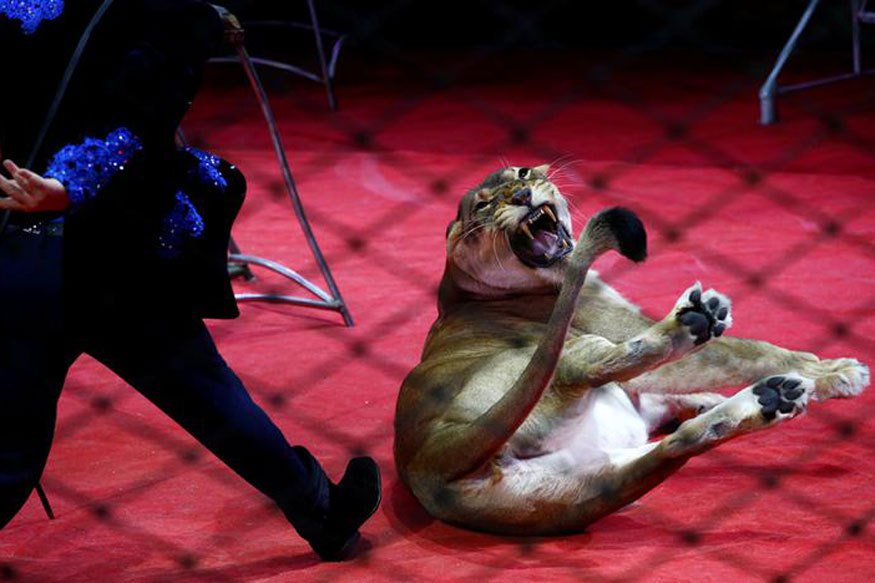Do Russia face second round of sanctions by US over attempt to kill Sergei Skripal and his daughter?

The United States faces a deadline Tuesday that could lead to fresh sanctions on Russia over an attempted assassination with a lethal nerve agent of a former spy in Britain.
The State Department on August 6 found that Russia had violated a 1991 US law that seeks the elimination of chemical and biological weapons.
The determination came after Britain said that Russian operatives on March 4 attempted to kill former intelligence agent Sergei Skripal and his daughter Yulia Skripal in Salisbury using Novichok, a military-grade nerve agent developed by the Soviet Union during the Cold War.
Under the US law, the State Department must report to Congress within three months whether Russia has come into compliance or impose the second round of sanctions.
State Department spokesman Robert Palladino said the three-month deadline is Tuesday.
"The conditions that we would have to certify are that Russia has ceased and assured that it will not use chemical weapons again, and that it has allowed international inspectors to verify those assurances," Palladino said.
"So, have they taken the steps to get back into compliance is the issue." However, few members of Congress are likely to be waiting on the edge of their seats for a report on Tuesday -- the date of midterm elections -- so it may take time before the State Department determination comes to light.
The first round of sanctions announced with the determination was largely symbolic and included a freeze on US government credit guarantees to Russia and a ban on US arms sales. Russia, the major rival to the United States as a military exporter, does not buy US arms in any case.
The State Department made exemptions to continue military trade that allows space cooperation with Russia including commercial launches.
It also waived certain sanctions on security-sensitive exports to allow sales related to civil aviation and exports needed by US businesses that operate in Russia.
Moscow has given no indication it is eager to satisfy US concerns on the issue.
After the initial US determination, Foreign Minister Sergei Lavrov said Russia would respond to any measures "with the principle of reciprocity."
Last month, The Netherlands expelled agents it said came from Russia's GRU military intelligence who hacked into the world's chemical weapons watchdog, which is based in The Hague.
US prosecutors at the same time indicted seven Russian agents -- the latest case of US rank-and-file officials taking Moscow to task despite President Donald Trump's avowed affection for his Russian counterpart Vladimir Putin.
(With inputs from agencies.)
ALSO READ
Constructive Discussions: US-Russia Relations Over Ukraine Peace
Diplomatic Push: US and Allies Seek Peace in Russia-Ukraine Conflict
Florida Peace Talks Surge Amidst Ukraine-Russia Tensions
Sanctioned Russian Vessel 'Adler' Inspected by Swedish Authorities
U.S.-Russia Peace Talks Stalled Amid European, Ukrainian Concerns










